
Two young austistic paraclimbers have just returned home from an adventure on the Matterhorn (4478m) in Switzerland. As part of the Autism at Height project - the brainchild of climbing coach Mark McGowan - Georgia Pilkington (17) and Jamie 'Jay' Owen (27) attempted to summit the mountain in order to raise awareness of autism in adventure, as well as raising funds to help the initiative organise more projects to share the benefits of climbing as therapy for autism.
The team reached a point 300m below the summit on the Hörnli Ridge, before making the tough decision to turn back as a storm descended.
Mark described the origins of his initiative:
'It kind of all began on my return flight from the Pyrenees to visit my daughters where I began to read a story of a young autistic boy called 'Ollie' by his father, the famous mountaineer Stephen Venables: "There was also poetry in his ordering of the world." It was a profound story: sad, exhilarating and fascinating. I later met an autistic climber, Jay, in Wales and became his coach and as we trained togethee for the Eiger Paraclimb I came up with a loose concept of "Autism At Height."'
Mark's day job involves working alongside individuals with non-verbal autism and he claims to have become 'fascinated by their alternative view of the world.'
Jay describes his condition as follows:
'Explaining autism is like finding a gorilla in a jungle, climbing the Amazon trees and trying to describe the view of the horizon to the gorilla.'
Mark told UKC:
'"Climbers On The Rainbow" was born from a quest to improve Jay's life through adventure, but my hope is that it will grow beyond that and this Alpine Autism project on the Matterhorn, with others such as Georgia gaining access to such adventures.'
Jay had bravely managed to reduce his medication for psychosis from 90gms to 30gms over a period of months to achieve an acceptable level of mental awareness and cognitive function to make his attempt viable on the Matterhorn.
Georgia - who is also deaf and co-founder of Deaf Climbing UK - was the first female diagnosed with Asperger's whom Mark had worked with in a climbing environment. Mark praised her dedication to the cause:
'Georgia had trained very hard at home for the project as well as adapting to the more gnarly requirements of alpinism such as our multi-day bivouac adventure with Jay in Wales as preparation for the Matterhorn.'
Willis Morris, whom Mark had worked with on the Eiger Paraclimb (UKC News Report), came in at the last minute to support Georgia on the route and to record the project on film.
Below is Mark's short summary of their climb.
'After acclimatising to the altitude we picked our time around the weather and set off. We chose to bivouac at the very base of the climb away from the Hörnli Hut to avoid sensory overload for the guys. At around 5am we set off in two teams. The very first section proved challenging for Gee as the realisation of what she was about to do struck home, triggering a powerful but brief meltdown at the first fixed ropes.
Willis was great with Gee and they soon caught Jay and I up a few pitches ahead. All psyched and moving well together in the dark and then some amazing dawn light. We found ourselves a little off- route on a couple of occasions below the Solway Hut but managed to correct things. However, it had cost us time.
After a discussion with Willis we opted to make for the summit over spending a planned bivi at the hut for a morning attempt. The weather was to remain stable until Thursday evening (that night) and so we probably let our impatience get in the way of the better decision - on hind sight - to remain at the hut for better weather.
So off we set for the summit from the emergency hut at 4000m. Both Willis and I were acutely aware of the extra time required to descend on a mountain as a Paraclimbing Team. Paraclimbing with autism requires an alternative view on how things are planned and generally more time is required to complete more complex processes such as putting crampons on, assistance with abseils and general communication.
The weather was firmly upon us now as we approached the shoulder on the first of the snow fields and I was aware that the snow storm was turning ground underfoot to much harder nevé and ice below. Just like the Eiger but with much further still to go, we decided at around 300m from the summit that to go on would risk a safe and timely descent to the emergency bivouac hut at 4000m.
Willis and I agreed and we began a slow and cold retreat descending by abseil for three hours to the safety of the hut where we found blankets to warm us up out of the wind.
We were all a bit cold but Gee in particular was feeling sick and told me she couldn't get her body to warm up at all. So we placed her between Willis and I for about four to five hours to transfer body heat and Willis made soup from the emergency rations and stove that were in the hut to warm everyone up.
We awoke to a sunny alpine morning with a beautiful cloud inversion over Zermatt as we made our careful descent back down to the Hörnli Hut and Zermatt.
Got to 300m of summit but stormed off. Made decent to emergency Bivi Hut 4000m Down safe Amazing adventure for all pic.twitter.com/zhCEkH4HA5
— Autism At Height (@AutismAtHeight) August 20, 2016
Summing up the Matterhorn attempt, Mark was satisfied with the team's achievement:
'The project was designed to enable access to an acceptable level of risk for Jay and Georgia's attempt on one of the finest 4000m alpine peaks in Europe and that is what was achieved. A summit would have been great but we chose a tight weather window and unfortunately the weather came quicker. It was a great adventure for the guys sharing the various elements of an alpine multi-day climbing experience.'
He added:
'Hopefully in time Autism at Height will expand beyond what it is today and become a community that enables more access to adventure for autistic climbers to enjoy what climbing has brought Jay and Georgia.'
Georgia told UKC: 'This trip has been the most life-changing experience I've ever had. It's made me realise how special it is to be in the outdoors when I'm rock climbing and mountaineering.'
Scottish paraclimber and quadruple amputee Jamie Andrew also recently climbed the Matterhorn (UKC News Report).
Visit the Autism at Height Facebook page.
Read a UKC article about climbing and Asperger's: Asperger's and Climbing: A Girl's Story
Read a UKC article about climbing therapy: Climbing Therapy in Europe - A Modern Medicine
The project was funded by crowdfunding with huge support from the public as well as team members.
Alpine Autism was supported by: True Mountain, Graham Tiso Ltd, Bloc Eyewear, Lyon Outdoor , Nikwax, Battle Oats, The BMC, The Climbing Academy & Scruffy Dogs Headgear.
Georgia Pilkington is supported by: Ellis Brigham
Willis Morris is supported by: Szent

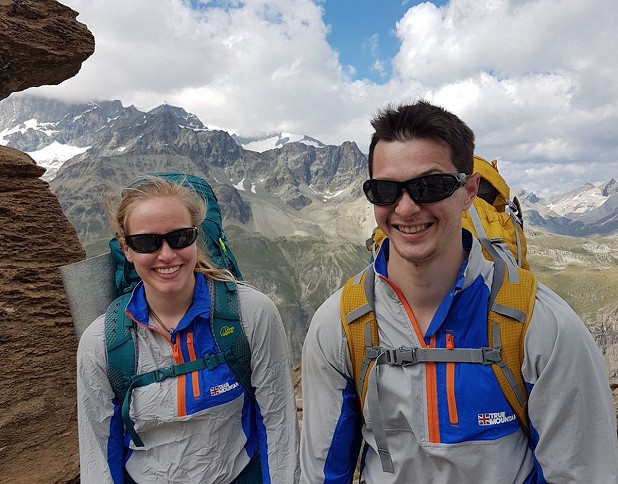
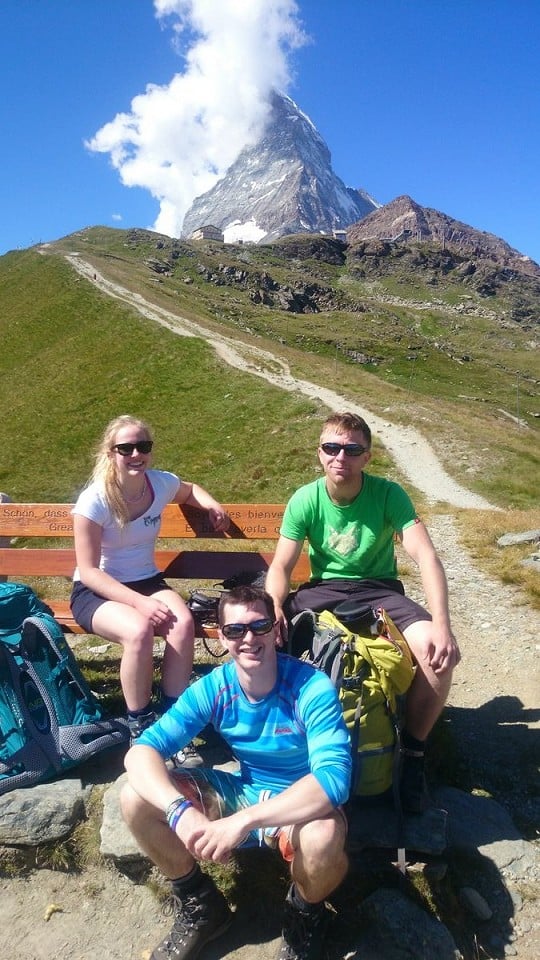
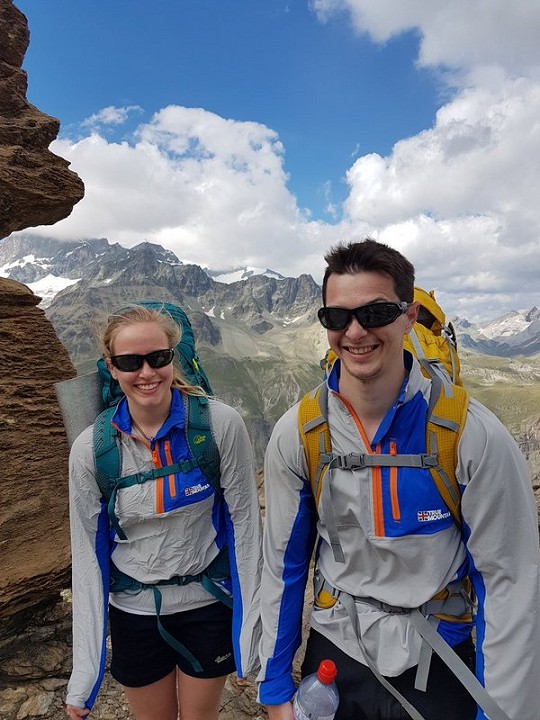
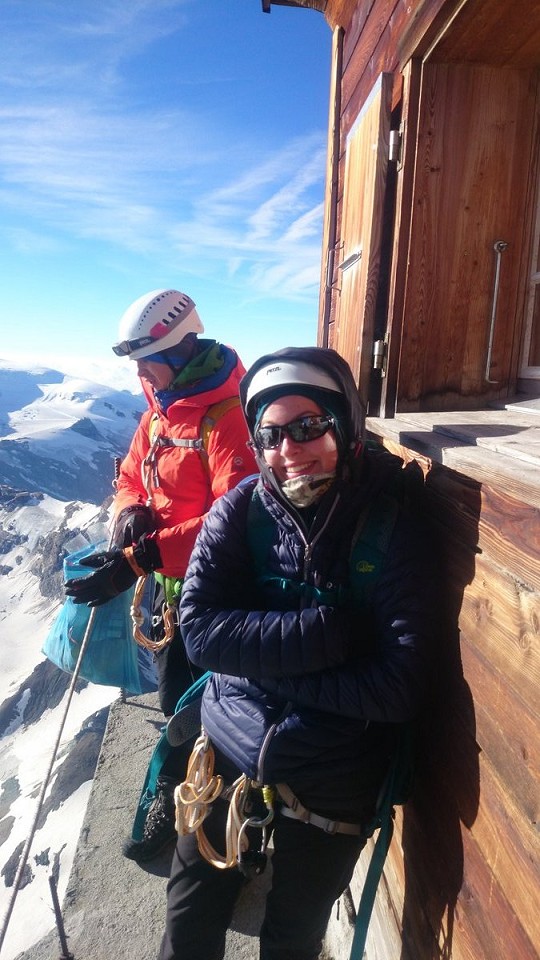
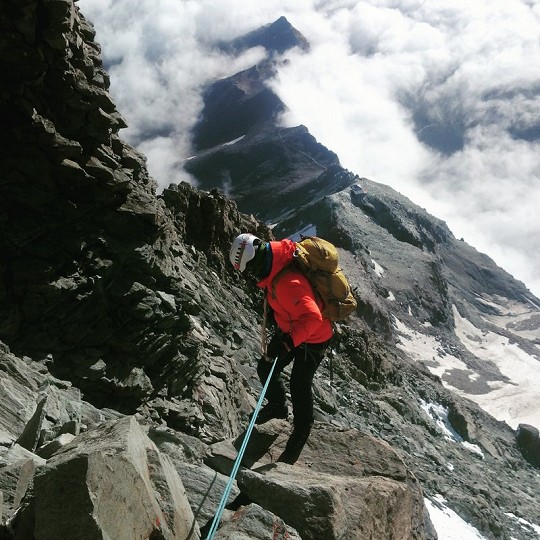
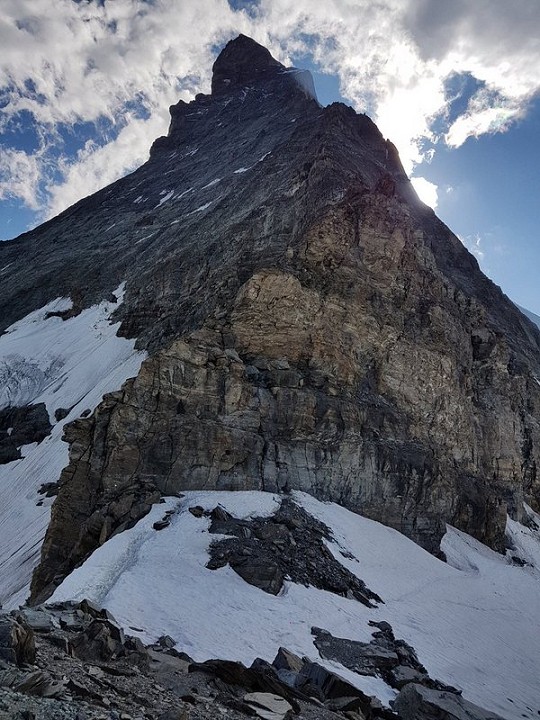


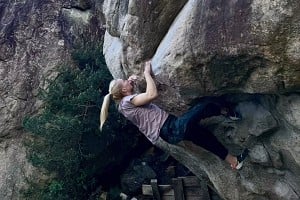
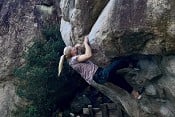


Comments